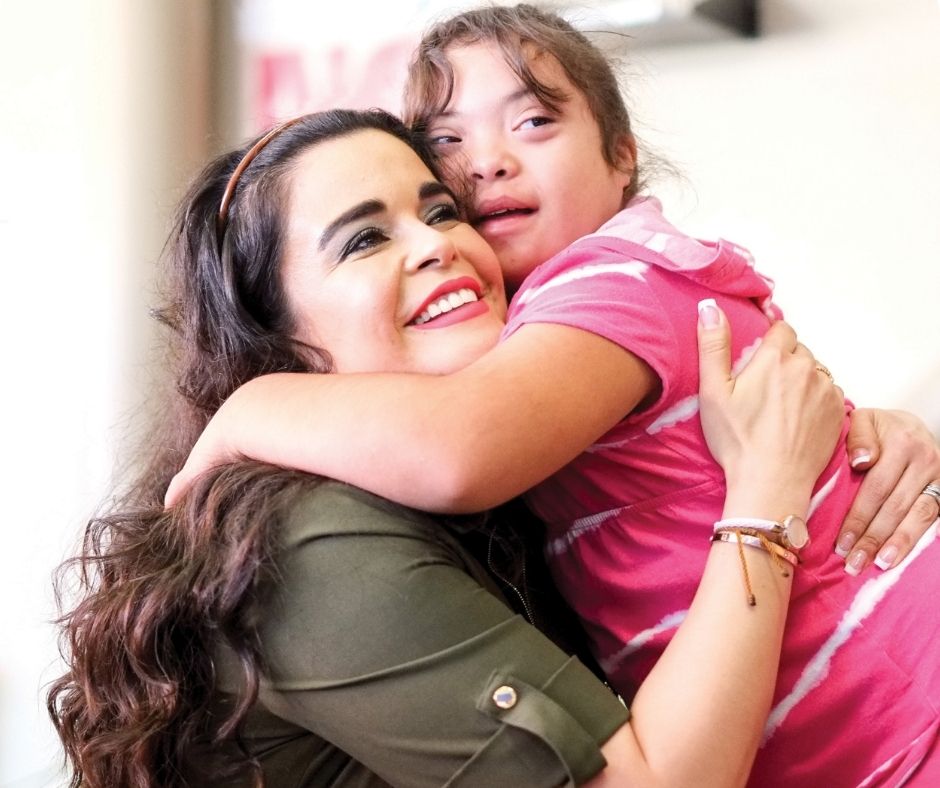Specialist Disability Accommodation (SDA) is a crucial aspect of the National Disability Insurance Scheme (NDIS) that provides tailored housing solutions for individuals with significant functional impairments or very high support needs. Understanding the eligibility criteria for SDA is essential for those seeking to benefit from these specialised housing options. This guide offers a comprehensive overview of SDA, its eligibility criteria, and the role of Aretecare, as registered provider of disability accommodation in Melbourne, in facilitating access to these accommodations.
What is SDA?

Specialist Disability Accommodation (SDA) refers to housing designed specifically for people with extreme functional impairments or very high support needs. These dwellings are purpose-built to support individuals in living as independently as possible, providing features that cater to their unique requirements.
SDA dwellings come in various forms, including apartments, villas, group homes, and more, each designed to meet different levels of support and independence. The primary aim of SDA is to create a living environment that enhances the quality of life for individuals with disabilities, promoting greater autonomy and participation in the community.
Eligibility Criteria
To qualify for SDA, individuals must meet specific eligibility criteria set by the NDIS. These criteria ensure that SDA funding is allocated to those who need it most.
Extreme Functional Impairment or Very High Support Needs

An individual must have either extreme functional impairment or very high support needs to be eligible for SDA. Extreme functional impairment refers to significant limitations in physical or cognitive abilities that severely impact daily living activities. This could include individuals who require constant assistance with mobility, personal care, or communication.
Very high support needs refer to situations where individuals require intensive support due to the complexity of their disability. This may involve round-the-clock care, specialised medical equipment, or assistance with behaviour management.
NDIS Funding Criteria
SDA funding is part of an individual’s NDIS plan and is based on a detailed assessment of their needs. To receive SDA funding, participants must demonstrate that they meet the NDIS eligibility requirements, which include being an Australian citizen or permanent resident, having a permanent and significant disability, and requiring support to participate in daily activities.
SDA funding is incorporated into the broader NDIS plan, which outlines all the supports and services an individual will receive. This plan is tailored to each participant’s unique needs and goals, ensuring a holistic approach to their care and support.
4. Changes in SDA Eligibility Criteria (2021-Present)
The eligibility criteria for SDA have evolved over the years to better meet the needs of participants and improve the overall effectiveness of the program.
SDA Eligibility Criteria-2021 Updates
In 2021, the NDIS introduced new SDA Rules to enhance the quality and accessibility of SDA dwellings. These rules included updated design standards and requirements aimed at ensuring that SDA homes are safe, comfortable, and fit for purpose. The changes also sought to increase the variety and availability of SDA options.


SDA Eligibility Criteria - 2022 Changes
In 2022, further amendments were made to clarify the definition of in-kind support and the evidence required for SDA eligibility. These changes aimed to streamline the application process and make it easier for participants to demonstrate their eligibility for SDA funding.
SDA Eligibility Criteria - 2023 and Beyond
Ongoing reviews and stakeholder consultations continue to shape the future of SDA eligibility criteria. The NDIS is committed to ensuring that the SDA framework remains responsive to the needs of participants and incorporates feedback from individuals, families, and service providers.

SDA Application Process
Applying for SDA funding involves several steps and requires comprehensive documentation and assessments.
Steps to Apply for SDA Funding
Initial Assessment: An NDIS planner or Local Area Coordinator (LAC) will conduct an initial assessment to determine the participant’s needs and whether SDA may be appropriate.
Gather Documentation: Participants must provide detailed medical and functional assessments, reports from healthcare professionals, and evidence of their disability and support needs.
Submit Application: The application, along with all supporting documentation, is submitted to the NDIS for review.
Review and Decision: The NDIS will review the application and make a decision regarding SDA funding. This process may involve additional assessments or consultations.
Tips for a Successful Application
- Ensure all documentation is current and comprehensive.
- Clearly articulate the participant’s support needs and how SDA will address them.
- Seek assistance from healthcare professionals and support coordinators to strengthen the application.
Disability Housing Vacancies
Frequently SDA Questions (FAQs)
Individuals with extreme functional impairments or very high support needs, as assessed by the NDIS, are eligible for SDA.
SDA funding is based on an individual’s NDIS plan and is determined through detailed assessments of their support needs.
SDA dwellings include apartments, villas, group homes, and more, each designed to meet different levels of support and independence.
Conclusion
Understanding the SDA eligibility criteria is crucial for individuals seeking specialised housing solutions under the NDIS. Aretecare, as a registered NDIS service provider in Melbourne, is dedicated to helping participants navigate the complexities of SDA funding and access the support they need to live independently and with dignity.
Additional Resources
For more information on SDA eligibility and application processes, refer to the following resources:
- NDIS SDA Guidelines
- Contact Aretecare: info@aretecare.com.au
By understanding the SDA eligibility criteria and accessing the appropriate support, individuals with disabilities can significantly improve their quality of life and achieve greater independence.


Very nide post. I just stumbled upon your weblog and
wished to say that I’ve really enjoyed browsing your blog posts.
After all I will be subscribing to yiur rss feed and I
hope you write again soon! https://lvivforum.pp.ua